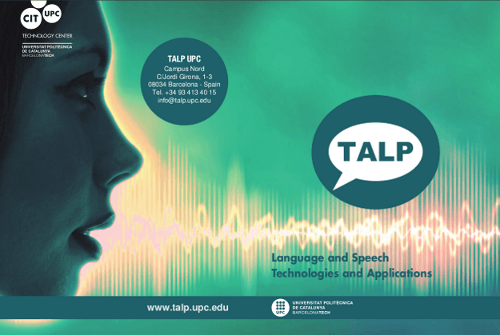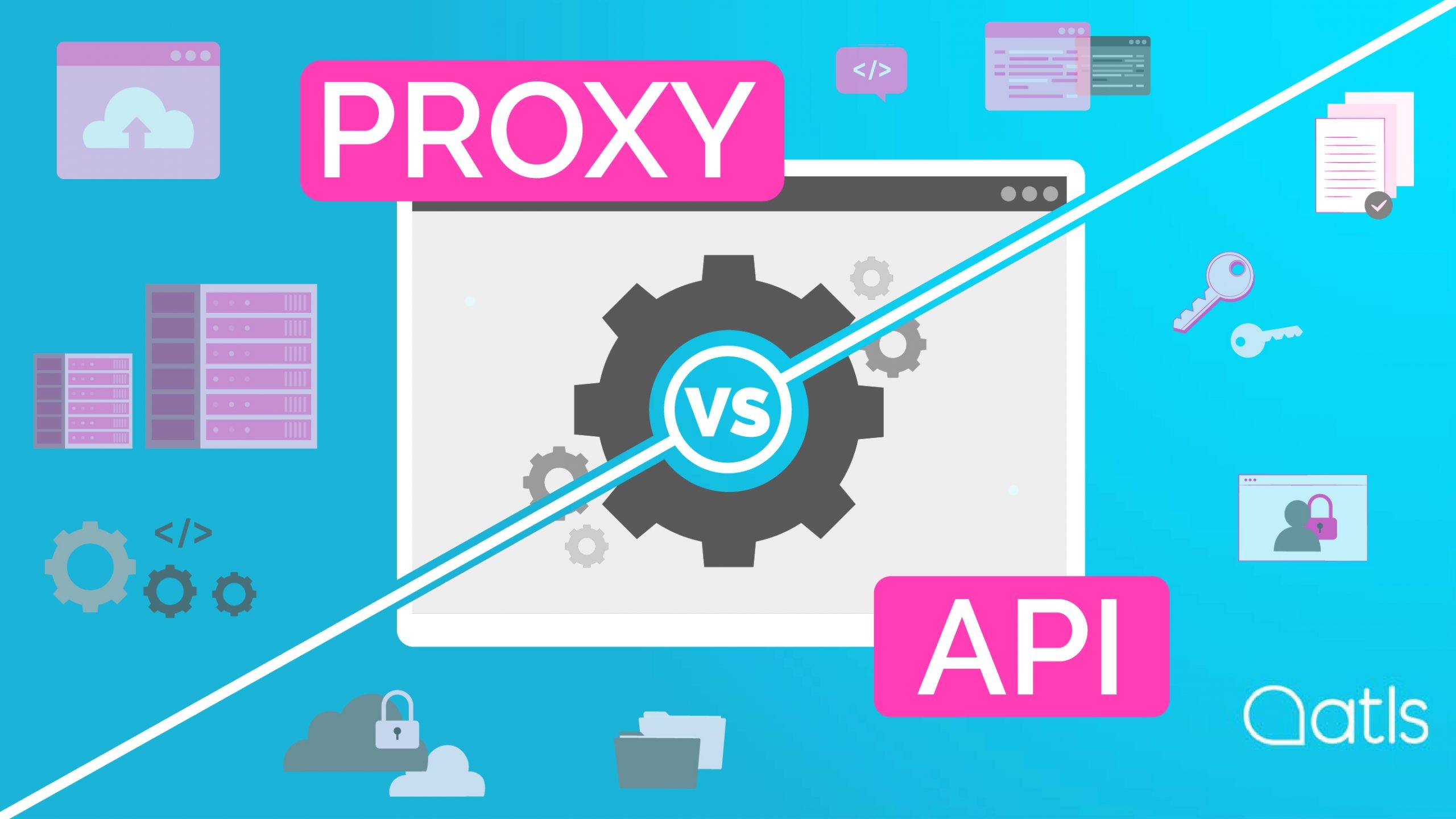ATLanguage Solutions and UPC collaborate on neural learning

We are proud to announce the signing of an agreement with the Polytechnic University of Catalonia (UPC) in pro of a R&D project on neural machine translation models.
This collaboration with the UPC, achieved thanks to the Talp Research Center, aims to develop new machine translation systems based on Deep Learning. The systems based on deep learning use machine learning algorithms, basically multi-layer neural networks, capable of learning from already translated texts.
The advantage of these algorithms with regards to previous machine translation systems, such as statistical systems, is that they are capable of generalising morphological elements and syntactic structures that were not present in the training material (translated texts from which the system has learnt).
The improvement in these systems is having a major impact on the scientific and business community.
What is Deep Learning?
Deep learning is an aspect of artificial intelligence (AI) that is concerned with emulating the learning approach that human beings useto gain certain types of knowledge.
This is significant as the Internet of Things (IoT) continues to gain terrain, because most data created by human beings and machines is unstructured and not labelled. Deep learning is applied to any analysis of Big Data, and that focused on the translation of languages is a good example.
About Talp Research Center
This is a specific interdepartmental research center at the Technical University of Catalonia (UPC). Its aim is to help overcome language barriers and to improve access to information systems. The TALP is actively involved in the research and development of technologies and applications in language and speech processing, with special focus on English, Spanish, Catalan and Arabic.
For AT Language Solutions, this project represents a firm commitment to improvement in machine translation and especially the quality and efficiency of translations.




